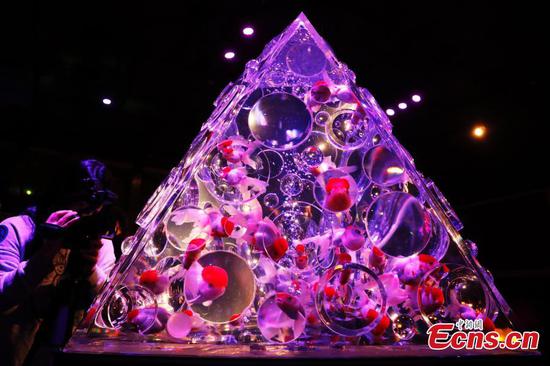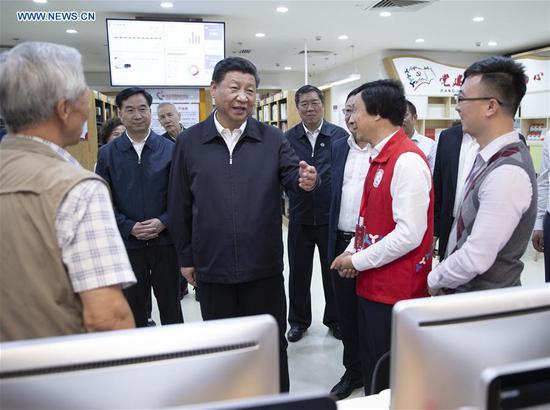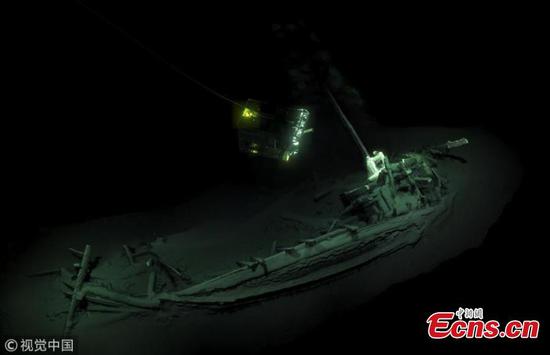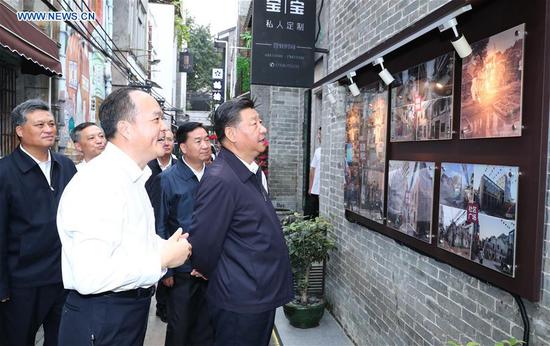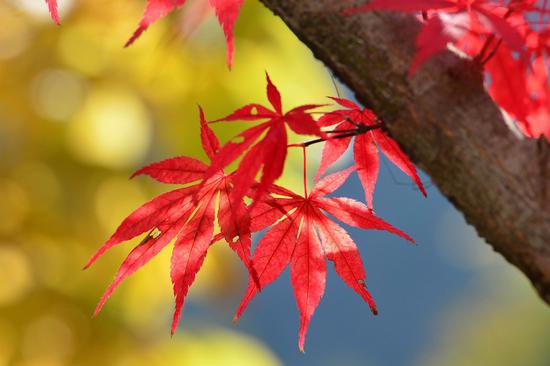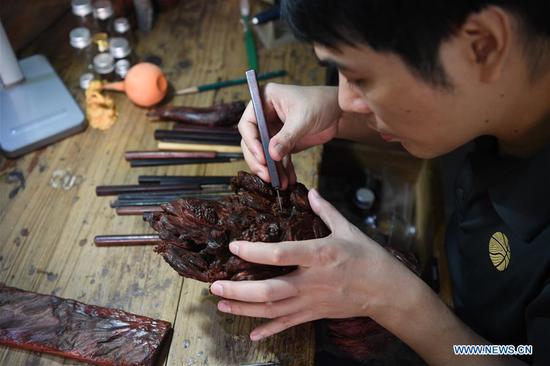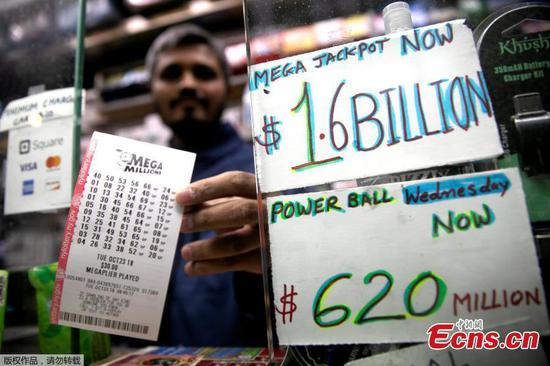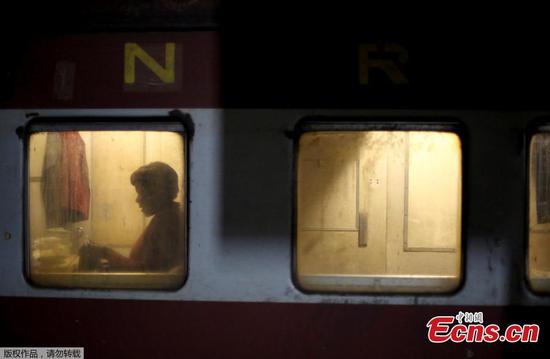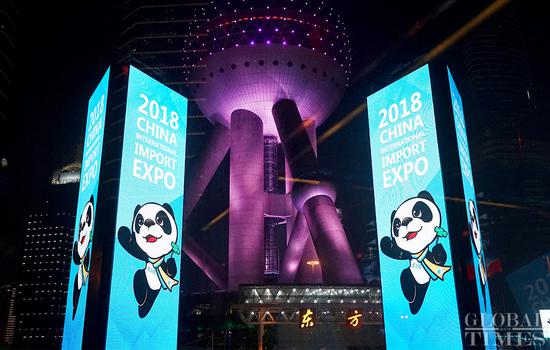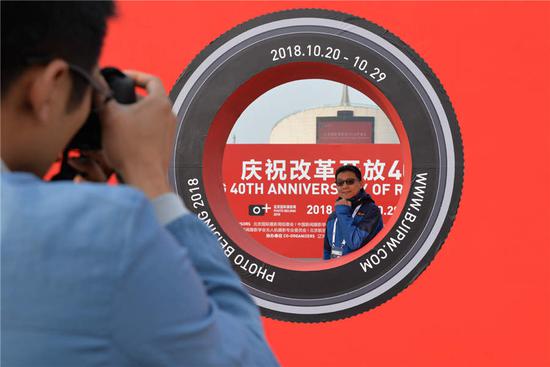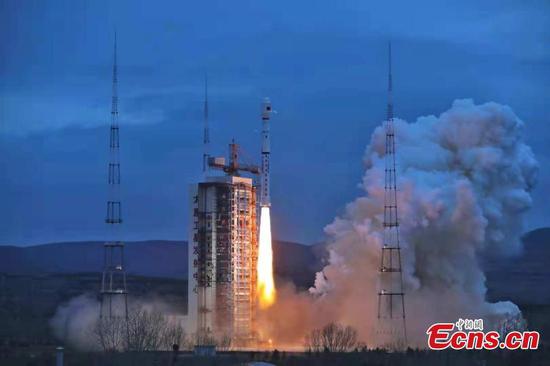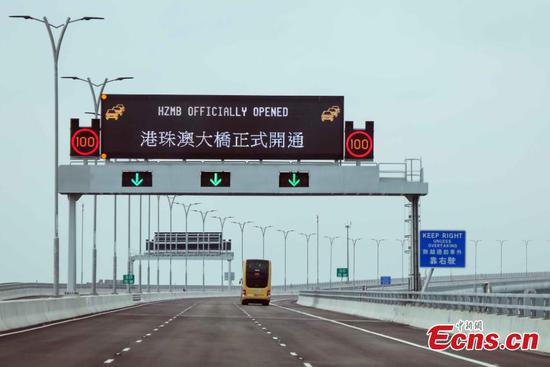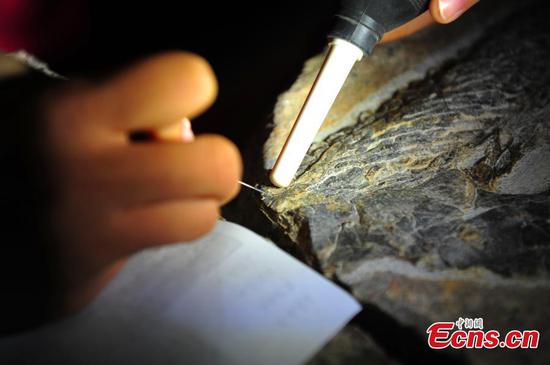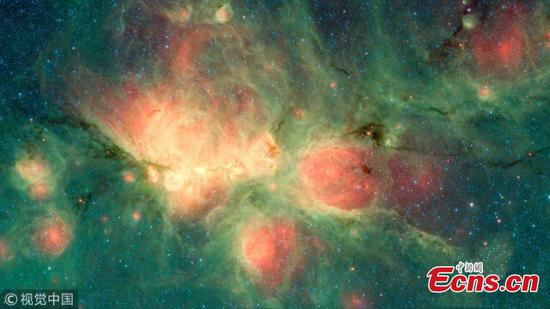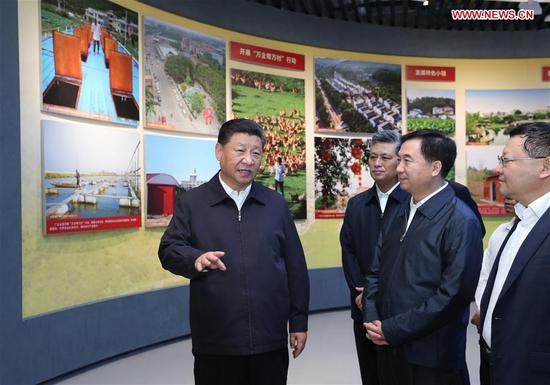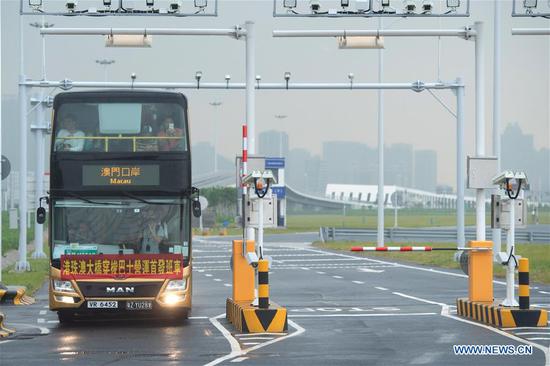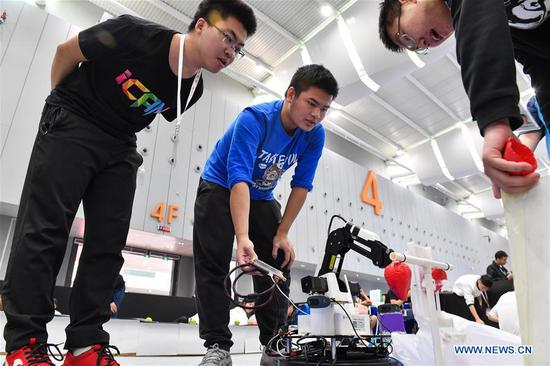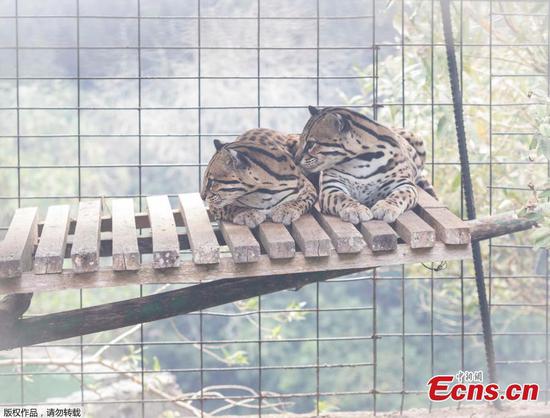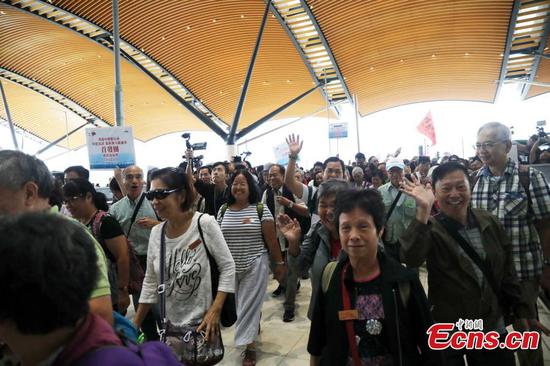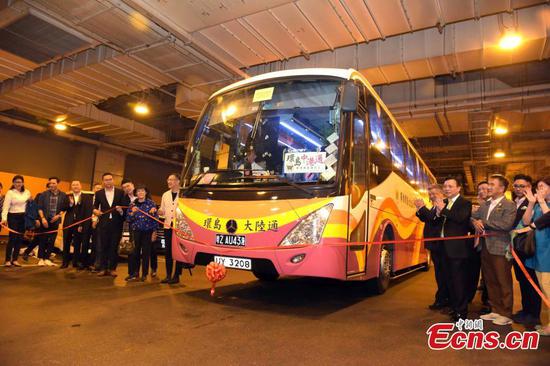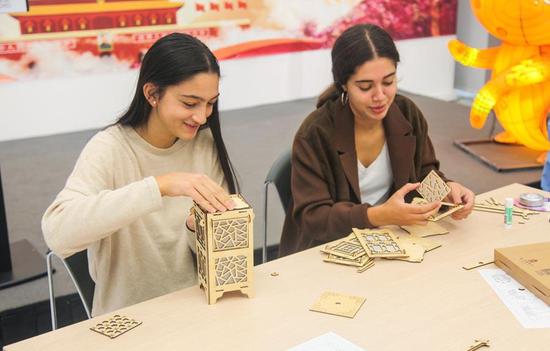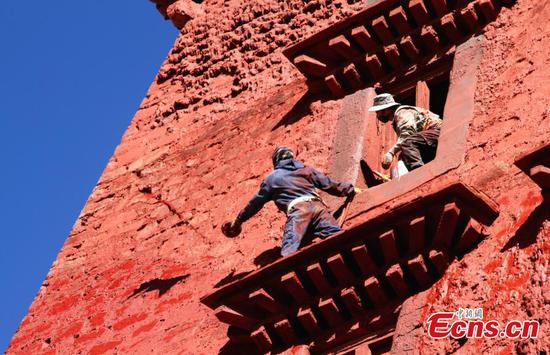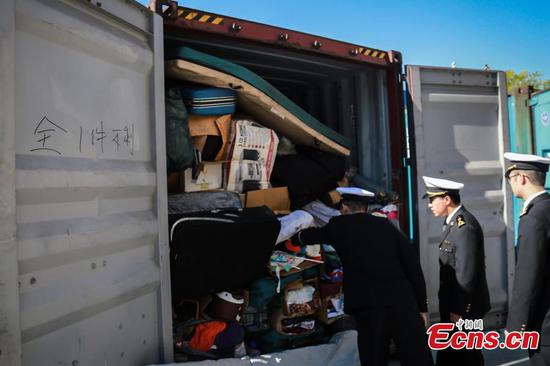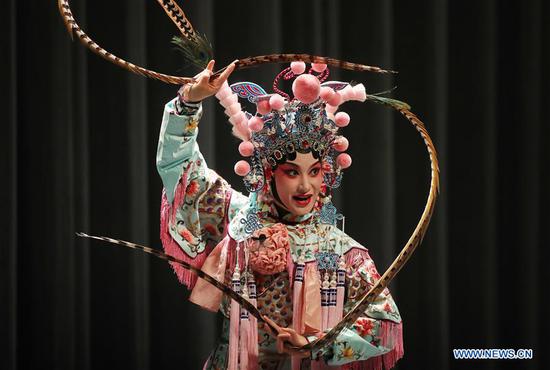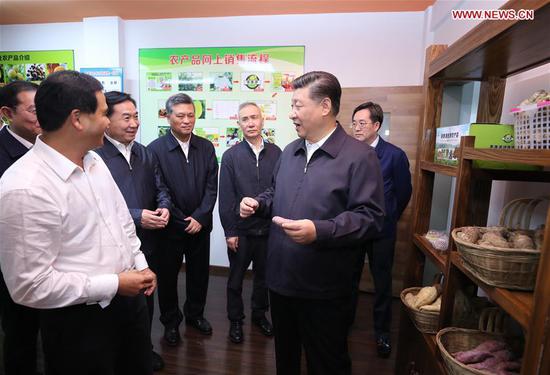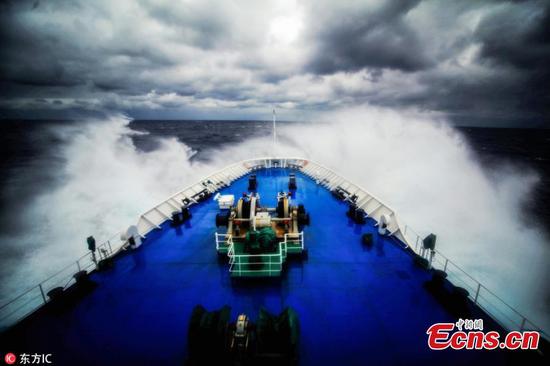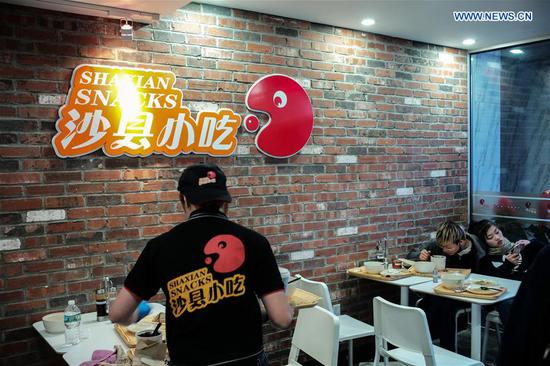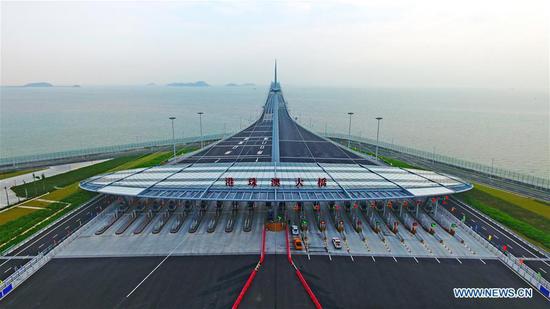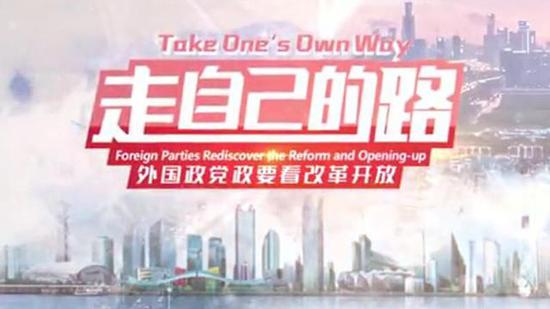When Chou Sugo, a senior student at Waseda University in Tokyo, saw the Chinese Kunqu Opera for the first time in his life here, he was greatly impressed.
"The expressiveness of the actors' movements, the emotional appeal of their expressions ... This was the first time for me to watch the Kunqu Opera, and I'm already looking forward to the next time," said Sugo with admiration.
Sugo was one of the around-600 people who listened to a lecture on this traditional Chinese opera form and then watched three famous Kunqu Opera excerpts performed by the visiting Shanghai Kunqu Opera Troupe in the Okuma Hall of Waseda University on Tuesday.
"In recent years, we have come to Japan to perform every year, and I'm glad to see that the number of Japanese people interested in Kunqu Opera has been on the rise," said Gu Haohao, director of Shanghai Kunqu Opera Troupe.
"Chinese and Japanese cultures are ly connected, which has been an advantage for the Japanese audience to understand and appreciate Chinese traditional art forms," she said.
"China has more than 300 opera forms, and I hope that our Japanese audience could get to know more about these art forms through our efforts," she added.
In fact, Kunqu Opera is just one of the Chinese theatrical forms that are attracting growing interest of the Japanese audience here.
Earlier this month in Kyoto, Shang Changrong, a famous Peking Opera artist from China, was decorated with the Most Respect Award at the opening ceremony of the 5th Kyoto International Film and Art Festival (KIFF).
A film named Cao Cao and Yang Xiu that has employed a lot of Peking Opera techniques and with Shang playing the main character Cao, was screened at the festival.
"Peking opera is very colorful and interesting. I sincerely invite you all to watch this film," said 78-year-old Shang, adding that he hopes the Japanese audience would enjoy this traditional Chinese art form.
Hiroyuki Hirari, a 80-year-old citizen of Kyoto, said that he was a fan of Peking Opera and had watched in the past the performance of Mei Baojiu, a famous Peking Opera actor and son of Peking Opera artist Mei Lanfang. "I'm happy to watch the film played by Shang, another famous Peking Opera actor, and hope that more plays of Peking Opera could be staged in Japan," he said.
In Tokyo, Chinese modern drama Turmoil, staged from Oct. 6 to 7 in the Setagaya Public Theater, impressed the Japanese audience with its experimental theatrical form and stage design as well as the good acting of the young players.
The play, depicting the artistic career of Tian Han, writer of the lyrics of the Chinese national anthem, integrated the forms of film and stage play by taking live videos of the performing artists and projecting their black-and-white images on the screens on the stage in real time.
"The live videos showed vividly the youthfulness of the players, mostly university students, as well as the aesthetic features of that era," said Tian Qinxin, director of the play, adding compared to the edition of the play that she directed in 2001, this was a "youthful edition of Turmoil."
Eisuke Shichiji, a well-known Japanese critic, said that he was impressed by the experimental form of the play and the young actors, adding that Japanese young actors should also watch the show.
Tian said that the National Theatre of China also plans to perform a William Shakespeare play in Japan next year. "I have full confidence in the prospects of China-Japan cooperation in the theater. We can learn from each other," she said.
"China and Japan are neighbors. We should never stop our cultural exchanges," she said.
Jin Fei, chairman of the Beijing Theater Critics Association, said that he could still remember the time when Japanese Kabuki actor Tamasaburo Bando came to China to learn from Mei Baojiu about a famous Peking Opera play (which occurred in the 1980s.)
"Nowadays, the exchanges in the theater between our two countries are becoming more and more frequent. Communication with each other, including in the area of theater, has become an inner need of the people of our two countries," he said.









